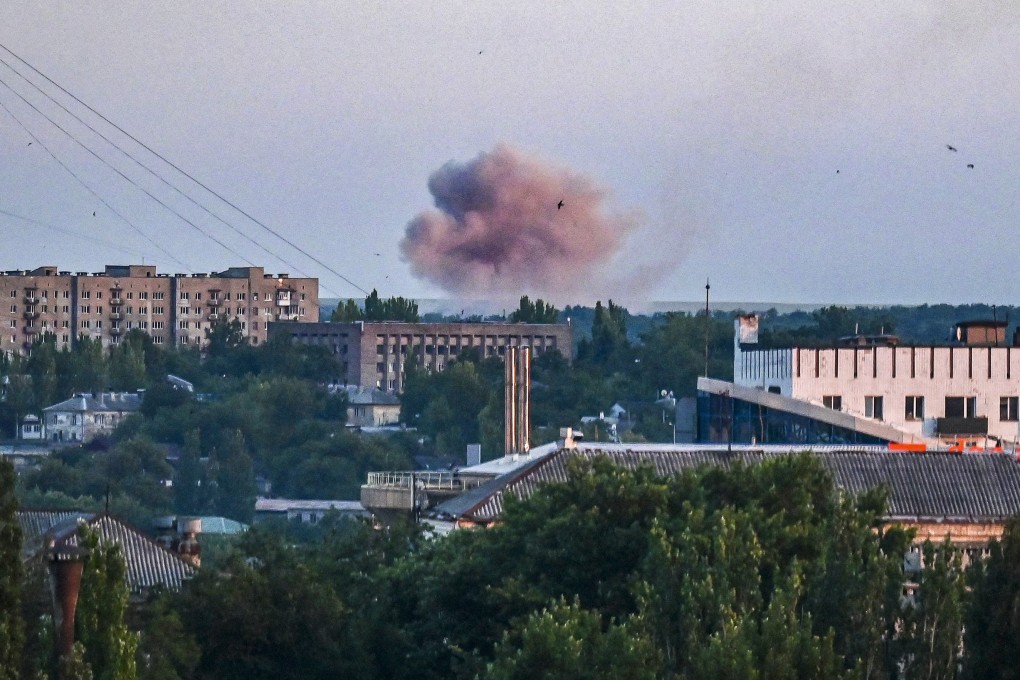China still backing Poland gateway plan despite impact of Ukraine war
- Foreign Minister Wang Yi tells Polish counterpart Zbigniew Rau he hopes for closer economic ties ‘despite the volatile international situation’
- But Beijing’s refusal to condemn Russia’s invasion of Ukraine risks undermining plans to develop relations with Central and Eastern Europe, analysts warn

China and Poland have pledged to develop their economic relationship despite their clear differences over the war in Ukraine.
In a video call on Friday, Chinese Foreign Minister Wang Yi told his Polish counterpart Zbigniew Rau that China hoped to make the country a gateway to Central and Eastern Europe and promised to explore the establishment of a two-way warehousing, logistics and distribution system.
Wang also said Beijing wanted to maintain sound and stable development of relations despite the “turbulent and volatile international situation”, according to a statement from the foreign ministry.
He also promised that China would “continue to play a constructive role, in our own way” in Ukraine and accused the United States of using the conflict to “smear and suppress” China.
Poland, one of Ukraine’s strongest supporters following the Russian invasion, and China have voted differently at the United Nations on condemning Moscow’s actions.
A statement from the Polish foreign ministry said Rau had called for the strongest condemnation of Russia’s invasion and for countries’ sovereignty and territorial integrity to be respected.